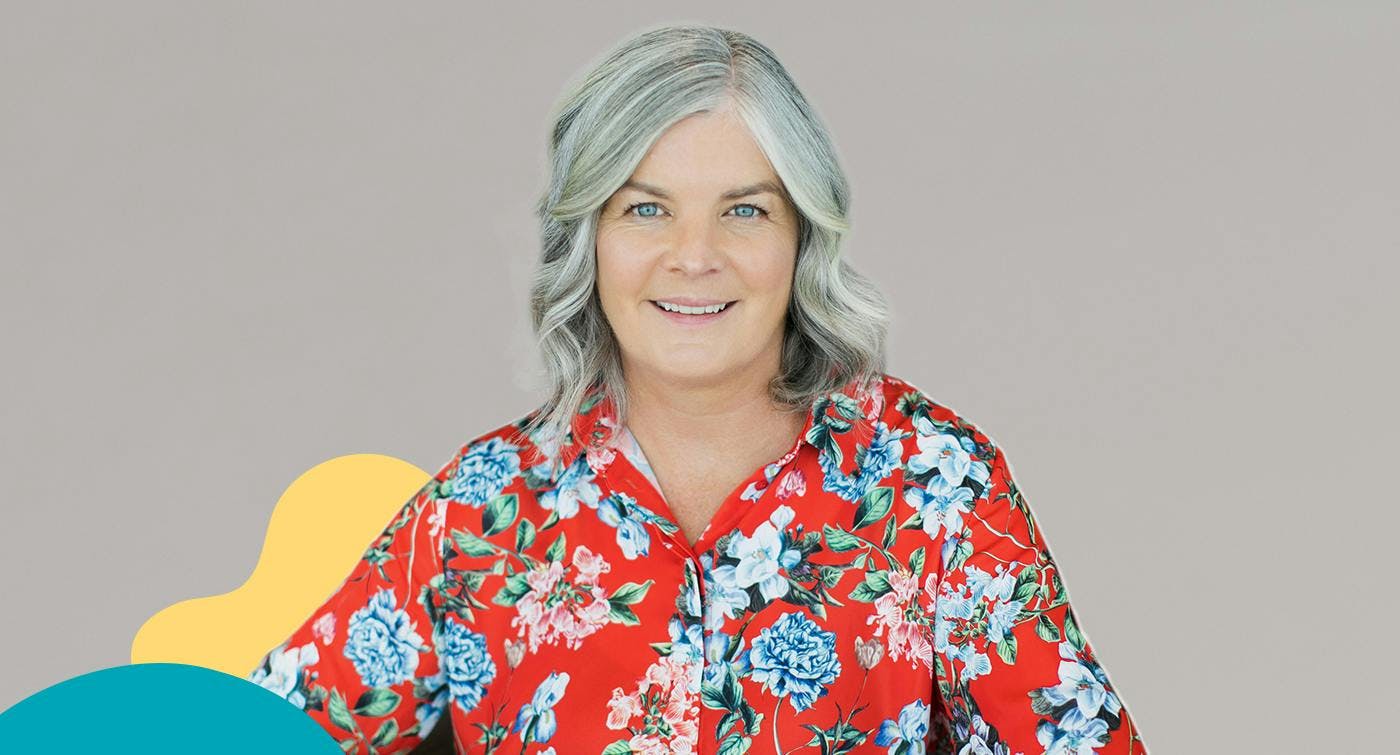MEDIA • 20 FEBRUARY 2022 • 4 MIN READ
Understanding the goodness that exists in business

Sue de Bievre shares her thoughts on ‘the goodness in business’ and how we could all stand to be a bit more trusting when it comes to running businesses and managing employees, while still maintaining successful business practices.
How would it change things if we believed that everyone in our business was essentially good and wanting to do the right thing? How would it change things if we believed our customers were essentially humane and sensible people, wanting to buy our services at a fair price?
Perhaps you already hold these beliefs and it would change nothing for you. However, in the 20th century (and before then really, since the Enlightenment) we have believed that people are selfish, that workers will slack off, that customers will complain, that suppliers will try to ‘game’ you, that competitors will want you to fail. It makes for a tiring and stressful work environment if you are the business owner. You are the one with your house on the line, your days filled with feelings of constant attack, and the drenching of your nervous system in Cortisol.
It’s no wonder that stress is such a problem, particularly among the community of small business owners. The owner is often the lynchpin around which staff, suppliers, customers and regulators revolve. They feel they have to protect themselves against the ill intentions of, well, just about everybody.
The business owner has to monitor their team and check time sheets, carefully price every job so that it is crystal clear what’s included and what’s not, keep an eye on changing legislation, keep the bank manager happy, make sure that the product or service is being consistently delivered.
It’s no wonder that businesses fail and business owners suffer from stress. Social media also delivers a diet of comparative businesses, which are doing SO much better than you. The news ramps up the stress levels with catastrophic and dramatic alarms around interest rates, inflation and staff shortages.
Would it be different if we truly believed that everyone wanted us to succeed? Would it be different if you knew your team wanted the business to do well and really enjoyed delivering consistent and great service? Would it be different if your customers were grateful and the legislators and bankers supportive?
I think so.
Here’s the shocking reality. It is true. We have been fed a diet of misinformation about the basic human condition and we have believed it. The truth, according to all recent research (Rutger Bregman 2019) is this:
- We are a social animal that depends on our community and we want others to do well. We would rather help than hinder our tribe or community.
- If we believe you are part of our tribe, we will do anything for you, even against our own best interests.
- Our belief literally changes the behaviour of others so your belief might as well be positive.
- Collaboration is better than genius to change the world.
- However, if you are not from our ‘tribe’, we can be unfair, unkind or downright hostile. It is this split which causes so much fear in the world.
But we can make the choices about who is in our tribe. Everybody can be in your tribe if you choose to open your mind to that reality - your team, your customers, your suppliers. If you deal with people one on one, instead of as an amorphous ‘other’, anyone can join you and you can join anyone.
How can this be implemented at a personal or business level?
- Read Humankind by Rutger Bregman so you can understand the research and believe in the possibility of change.
- Talk to your team about the goal for the community (of your business).
- Give them your belief in their capacity.
- Bring as many people as possible into your tribe through openness, generosity and warmth - we cannot resist this as humans.
- Encourage everyone in the team to make change and follow through on suggestions from as many as possible.
- See what happens…..
At Beany, we adopted the philosophy of Buurtzorg and Ricardo Semler, and also made it our own. We can recognise a “Beany’ immediately and someone who is not a “Beany”. We understand who we are as a community and how we want to be in the world. And famously Simon Synek talks about your ‘why’, but maybe now we are moving into the time of ‘who’.
At the very least, it might bring down your stress levels and release you from a Cortisol fueled hyper vigilance.
Originally Published by nzbusiness – February 20, 2022
Share: